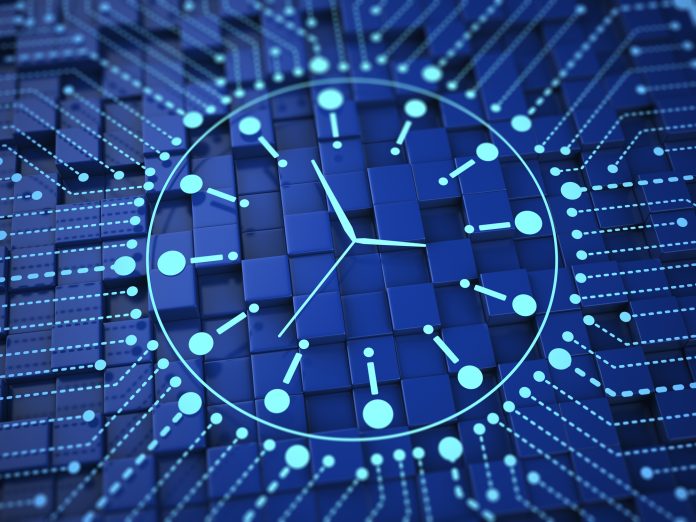A new revolutionary quantum clock developed by the UK’s Defence Science and Technology Laboratory (Dstl) is expected to transform military operations by providing them with more precise timing
This new technology is a big leap forward in reducing reliance on GPS, often vulnerable to jamming and disruption, particularly in conflict zones.
The quantum clock is more accurate than ever before, it will lose less than one second over billions of year, providing a level of precision that will be revolutionary for military navigations to secure communications.
Revolutionising military operations with the quantum clock
For the military, this new clock technology could lead to highly independent and secure systems with much better resilience than current GPS-dependent technologies.
This advancement is key for military operations, where timing is important, such as guiding missiles, synchronising communication networks, and ensuring the effectiveness of cyber warfare strategies.
One of the most impressive features of this technology is its potential to offer an alternative to the Global Navigation Satellite Systems (GNSS) currently relied upon for navigation and timing.
These systems, which include GPS, are sensitive to a range of threats, such as signal jamming and spoofing, which could jeopardise military or national infrastructure in times of conflict.
Quantum clocks are not dependent on external signals and are far less vulnerable to disruption, offering a stable and sovereign-controlled timing solution. This could greatly enhance the resilience of military operations, ensuring that critical systems continue to function in the face of modern-day threats.
Beyond military defence
In addition to improving military capabilities, the implications for wider national infrastructure are important. Quantum clocks could enhance the accuracy of satellite communications, support precise aircraft navigation, and even boost the global navigation systems we rely on daily.
For example, improved timing accuracy could lead to more reliable weather forecasting, better resource management, and more precise coordination of international trade.
The clock’s potential doesn’t stop at its initial use in defence. Plans to miniaturise the technology and reduce its size could allow for mass production, making it accessible for military vehicles, aircraft, and even civilian applications.
This would open up many possibilities for industries beyond defence, including autonomous vehicles, smart grids, and advanced transportation systems.
The UK government sees this development as a critical defence tool and a driver of economic growth through skilled job creation and the nurturing of high-tech industries.
Minister for Defence Procurement and Industry, Maria Eagle MP, said: “Integrating cutting edge technology into existing capabilities exemplifies the Government’s commitment to innovation in the defence sector, and to ensuring our Armed Forces have the best kit possible to keep us secure at home and strong abroad.” GOV.UK reported.
Investing in quantum research
Beyond its potential to safeguard national security, this quantum clock technology is expected to drive scientific and technological progress. The research and trials underway at Dstl, which involve collaboration with leading UK partners like Imperial College London and Infleqtion, mark the first steps towards building a sovereign, quantum-powered timing system for the UK.
This investment is supported by over £28 million in funding, positions the UK at the forefront of global efforts to develop advanced quantum technologies with military and civilian applications.
As quantum technology continues to evolve, the new atomic clock is an exciting example of how cutting-edge research can enhance national security, strengthen defence capabilities, and contribute to wider scientific and economic growth.
In the coming years, the UK’s ability to integrate quantum technologies into military systems could provide an edge over adversaries, ensuring that the country remains resilient and technologically advanced in an increasingly unpredictable world.











